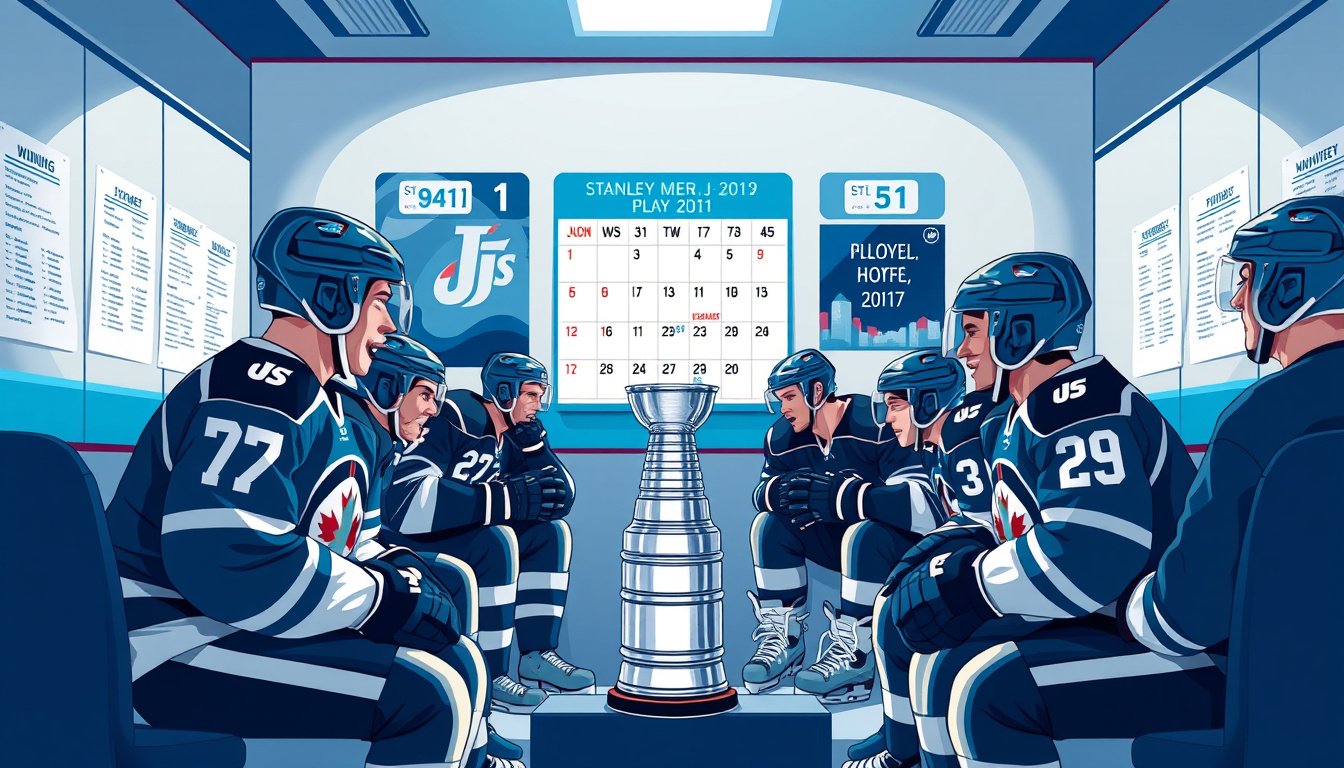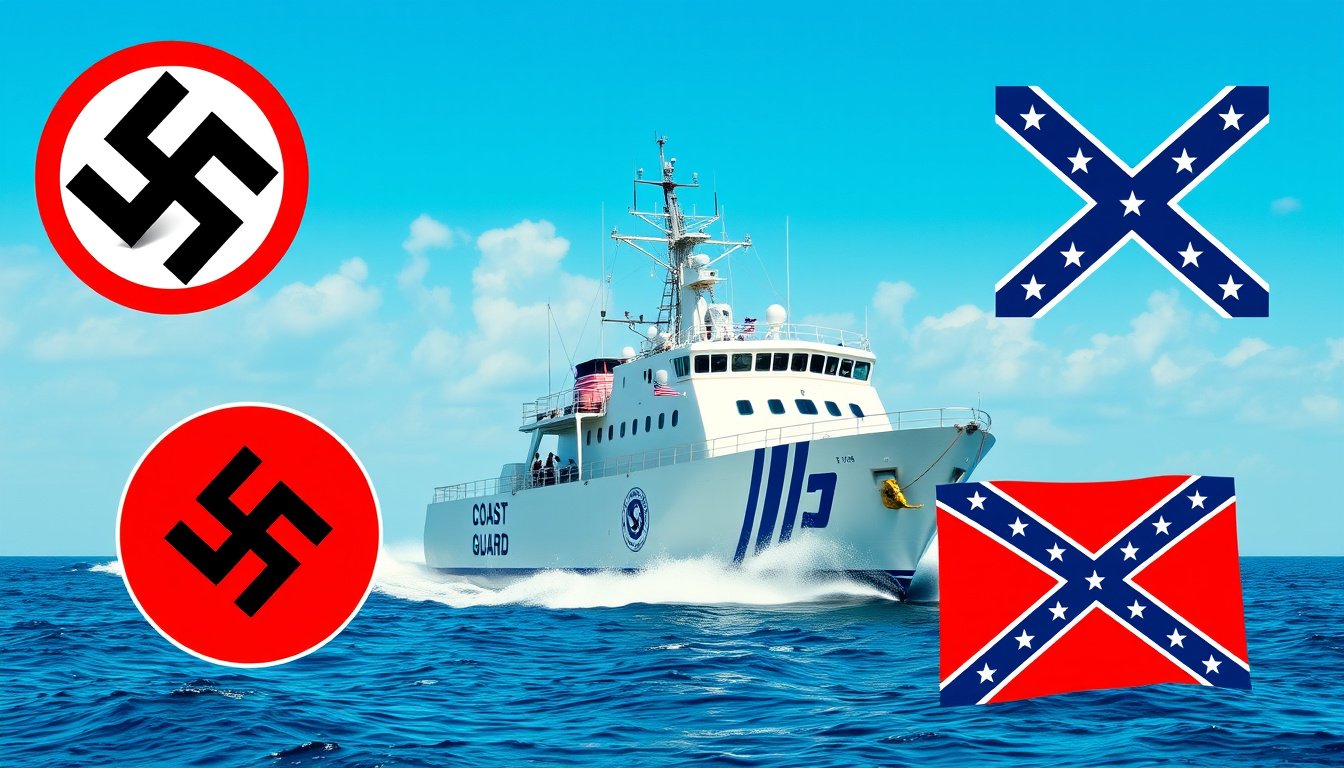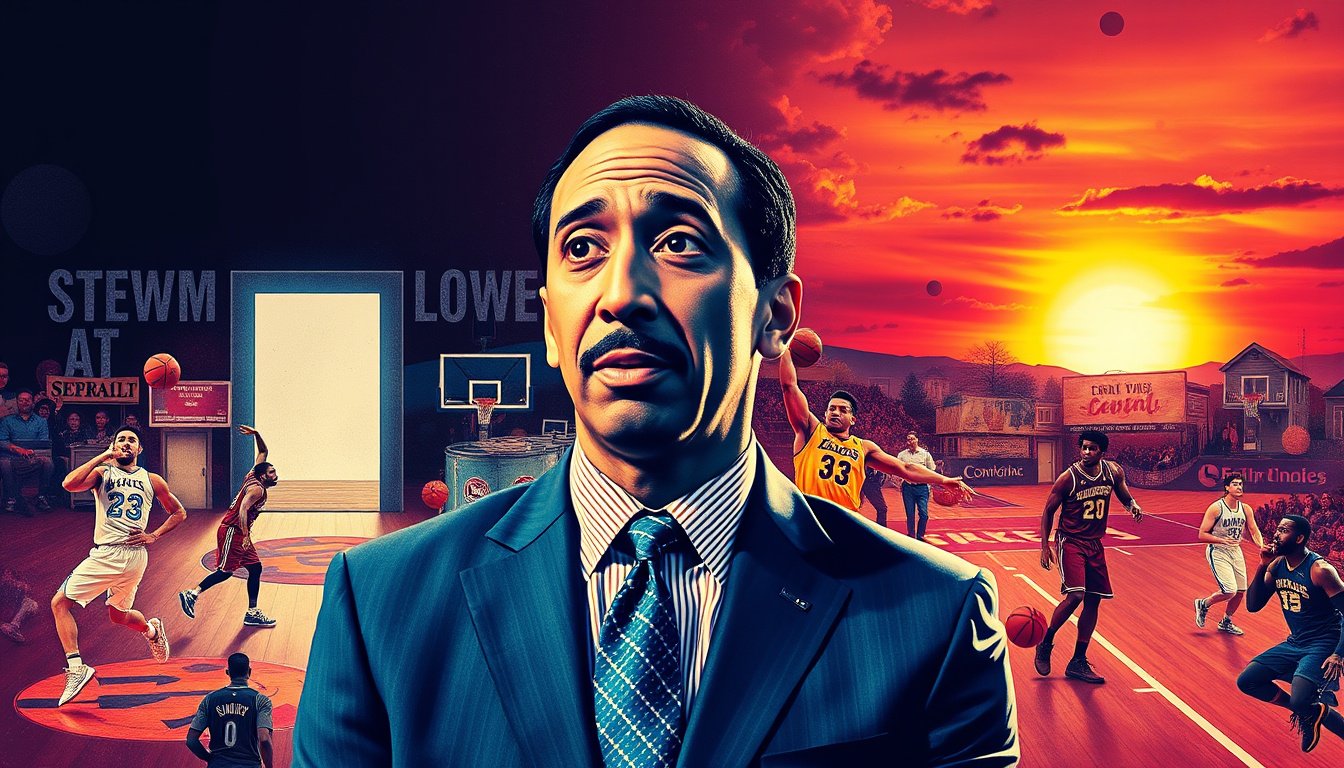The Winnipeg Jets find themselves at a critical crossroads as questions loom over their Stanley Cup prospects and the strategic moves the organization must make moving forward. Recent struggles on the ice, combined with mounting concerns about the aging core and roster construction, have ignited debates among fans and analysts alike. To shed light on these pressing issues, we delve into the latest Jets mailbag, examining the team’s current trajectory and the potential impact of the MacKenzie Weegar trade.
Is the Jets’ Stanley Cup Window Closing?
The recent four losses in five games during their Western Conference road trip have raised eyebrows and shaken the Jets’ once-solid playoff standing. This slump has exposed underlying issues—namely, inconsistent execution in puck battles and pace, resulting in an overabundance of time spent trapped in their own zone. Head Coach Scott Arniel pointed to problems in executing plays, whether players face pressure or not, signaling deeper tactical challenges.
From an analytical standpoint, Winnipeg’s advanced metrics tell a troubling story. Their share of five-on-five expected goals ranks among the worst in the NHL, highlighting deficiencies in offensive zone time and transition play. Contributing factors include injuries to key shutdown players like Adam Lowry and Dylan Samberg, alongside departures such as Nikolaj Ehlers in free agency. This combination has left the team slower and more vulnerable defensively.
While some optimism remains—especially as key players reintegrate and chemistry improves—expectations must be tempered. A return to last season’s top-10 standings in critical metrics seems unlikely, though incremental improvement is possible. Adjustments such as limiting veteran Luke Schenn’s minutes, promoting younger talent like Morgan Barron, and balancing line roles could help steady the ship, yet challenges persist.
Trading Big: Should the Jets Go “All In”?
Fans question whether the Jets, faced with an aging core and a shrinking playoff window, should make bold moves by trading top prospects for immediate reinforcement. The reality is complex. On one hand, Winnipeg boasts elite pieces in goaltender Connor Hellebuyck, centre Mark Scheifele, and defenceman Josh Morrissey—all players who can anchor a championship run over the next few seasons if healthy and performing at peak levels.
From a probabilistic perspective, however, the Jets’ chances of hoisting the Stanley Cup in any given year remain modest. Models suggest odds of roughly 4-6% per season, underscoring hockey’s inherent unpredictability. The key question centers on whether trading future assets to acquire established talent meaningfully increases their odds in the short term—and if that potential gain outweighs the cost to long-term competitiveness.
Ultimately, beyond the math, there’s an intangible element to contend with: the pride and drive to maximize the current core’s potential. The Jets’ leadership must weigh whether risking prospects for immediate impact is worth it to pursue glory now, accepting that eventual decline is inevitable.
MacKenzie Weegar Trade: Fair Value and Strategic Fit
The rumored trade involving defenceman MacKenzie Weegar has attracted significant attention. Weegar, a 31-year-old right-shot top-pairing defenceman under contract through 2030-31 at a team-friendly cap hit, represents a prime example of proven NHL talent capable of shoring up Winnipeg’s blueline.
A realistic trade package might include prospects Brad Lambert, Elias Salomonsson, plus a second-round draft pick, striking a balance between immediate reinforcement and longer-term asset preservation. Weegar’s strong defensive play and versatility complement Morrissey well, while offering insurance against injuries on the back end.
Although Weegar’s offensive production has dipped recently and his on-ice plus-minus reflects team struggles, underlying metrics and league evaluations affirm his status as a valuable player. Importantly, this deal aligns with a “win-now” mentality, prioritizing present roster strength over distant development.
The Curious Case of Luke Schenn
Fans are rightly puzzled by the continued reliance on veteran Luke Schenn, whose performance at even strength has been questionable. The Jets appear to value his intangibles: physicality, veteran leadership, and a grit-first mentality reminiscent of a bygone NHL era. Despite advanced statistics underscoring his shortcomings, Schenn fulfills a niche role that management believes is hard to replace for depth defense.
Conclusion
The Winnipeg Jets’ Stanley Cup ambitions are facing significant obstacles, rooted in an aging roster, injuries, and execution issues. While it may feel like their window is closing, there remains a pathway forward through careful roster management, strategic trades, and internal adjustments. The potential acquisition of MacKenzie Weegar epitomizes this approach—investing in proven talent to elevate near-term competitiveness.
Whether these moves will be enough to reclaim the Jets’ status as legitimate Stanley Cup contenders remains uncertain. However, the drive to maximize the current core and embrace calculated risks reveals a franchise unwilling to quietly surrender its championship dreams just yet. Fans should brace for a challenging but exciting stretch ahead as the Jets navigate this pivotal chapter.










